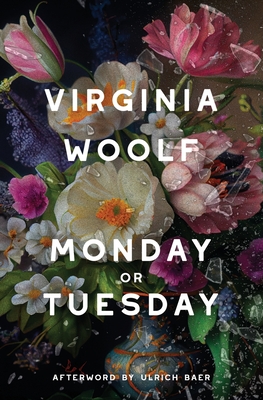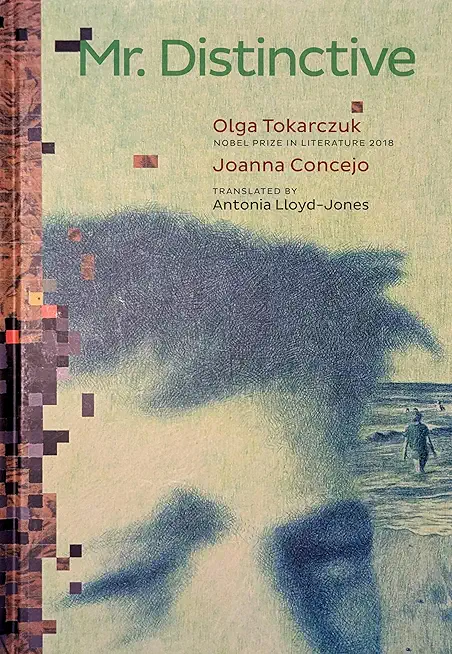
description
5Virginia Woolf published her only collection of short fiction, Monday or Tuesday, in 1919. In the book's eight exuberant, entertaining, and happily eccentric stories, Woolf anticipates themes developed in her political writings, A Room of One's Own and Three Guineas, and invents literary techniques perfected in her later novels, including Mrs. Dalloway and To the Lighthouse. A delightful introduction to one of the most influential writers of all time, this is a must-read for Woolf aficionados and anyone interested in how a young artist finds her voice. This edition includes a detailed biographical timeline, Woolf's landmark essay "Modern Fiction," which explains her aesthetic philosophy, and a new afterword by Ulrich Baer.
member goods
No member items were found under this heading.
Return Policy
All sales are final
Shipping
No special shipping considerations available.
Shipping fees determined at checkout.







